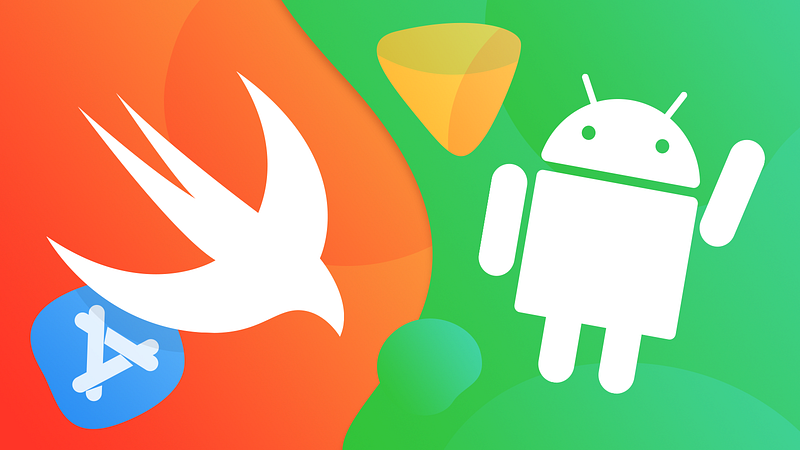Introduction: Apple Officially Embraces Android Support for Swift
In a significant move that could transform mobile app development, Apple has announced official support for Swift on Android. This marks a major milestone for the Swift for Android programming language, originally created for iOS and macOS development. With the launch of the new Swift Android Workgroup, developers will now be able to create Android apps using Swift, potentially reducing the need for separate codebases for Android and iOS.
This effort aims to streamline cross-platform app development, making Swift a more versatile and widely-adopted language outside Apple’s ecosystem. The move also strengthens Swift’s position as a competitor to Kotlin—the primary language used for native Android development.
Swift Android Workgroup: A Community-Driven Expansion
According to Swift Core team member Mishal Shah, the Swift Android Workgroup was officially formed to oversee Android-related support and development. The group, which currently includes 10 members, welcomes community participation and contributions. Developers can follow and contribute to the workgroup via the Swift for Android GitHub roadmap.
The workgroup’s responsibilities include:
- Maintaining and improving Android compatibility for Swift
- Ensuring debugging support for Android apps written in Swift
- Collaborating with the Platform Steering Group to define support levels
- Promoting community involvement in development
This effort may lead to better tools, improved documentation, and more stable builds for Android development using Swift in the near future.
Building iOS and Android Apps Simultaneously
One of the most anticipated benefits of this development is the ability to build Android and iOS apps simultaneously using a shared Swift codebase. Developers can now write the logic of their app once in Swift and apply native UI components using frameworks like SwiftUI on iOS and Jetpack Compose on Android.
Developer Marc Prud’hommeaux, a member of the workgroup, emphasized that this approach will simplify mobile app development. It reduces overhead, accelerates time-to-market, and ensures performance across platforms.
Tools Like Skip Will Benefit From Official Swift Support
Although tools like Skip already allow developers to write cross-platform apps in Swift, Apple’s official backing adds legitimacy and long-term stability to such efforts. Skip transforms Swift and SwiftUI code into native Android apps using Jetpack Compose for UI, offering near-native performance.
With official support, developers using Skip and similar platforms can expect tighter integrations, smoother debugging, and wider adoption across the developer community.
Apple’s Strategy: Enabling Developers Beyond iOS
This isn’t Apple’s first move toward making Swift more accessible outside of its platforms. The company already supports Swift on Linux and Windows. With Android now being officially recognized, Swift has evolved into a genuinely cross-platform language.
This move also positions Apple as more developer-friendly, supporting tools and languages that extend beyond the company’s own devices. As mobile ecosystems converge, developers increasingly demand efficient workflows that support both major platforms without duplicate effort.
How Developers Can Get Involved
The Swift Android Workgroup has made it clear that membership is open to all community members. Anyone with expertise in mobile development, compiler tooling, or Android integration can contribute to the ongoing effort.
Developers interested in the roadmap, contributing to source code, or exploring tools can visit the Swift GitHub repository and participate in discussions through the Swift Forums. As Swift evolves into a more Android-friendly language, early adopters will play a crucial role in shaping its future capabilities.
Conclusion: A New Era of Cross-Platform Development
With Apple’s new initiative to support Swift for Android development, developers now have more freedom than ever to build efficient, high-performance apps across iOS and Android. The Swift Android Workgroup represents a promising step toward language unification in mobile development, reducing barriers and boosting productivity.
As tools and frameworks continue to mature, Swift could become the language of choice for teams looking to streamline their app development lifecycle. Developers and organizations should watch this space closely as Swift begins its Android journey.


